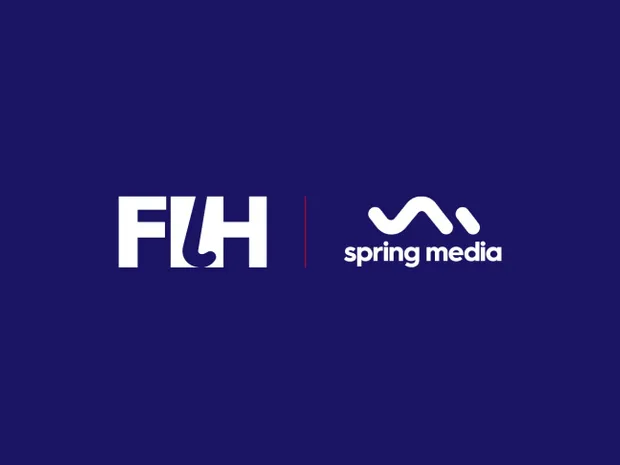
The International Hockey Federation (FIH) decision to partner Spring Media and offer fans a betting package that includes all FIH events, representing more than 1,300 matches across a four-year cycle, causes a lot of eyebrows to be raised and one question to be asked: Does hockey need funds from the betting ecosystem to sustain itself?
Of course, traditional international sport does face intense challenges in trying to stay relevant in evolving societies. But does that mean taking the easy way out and welcoming the betting ecosystem to finance sport? You can dismiss this as the edgy and alarmist rant of an old-fashioned student of sports.
But let it be said in no uncertain terms: Betting must never be part of any sport’s furniture.
The FIH’s decision is more a reflection of its aspiration to expand its resources than to increase viewership of the streaming of its products. But when the betting world finds a way to contribute to the finances of international sport, lines can quickly get blurred. For, it is important for all sport to not only remain pristine pure, but also to be seen as such.
The FIH’s earlier leadership seems to have resisted attempts to bring money from the world of betting to bolster finances, but such resistance seems to have ended since the time a Pakistani took over as its President. An indication that the FIH is bending over backwards was available in the media release where the Spring Media Commercial Director’s quote took precedence over one from the FIH President.
The FIH’s decision will increase the challenges for those tasked with protecting the integrity of the sport. The FIH Integrity UNIT (FIU), set up two years ago, will have to scale up its intelligence gathering and prevent any attempt to manipulate outcomes of matches and tournaments. For, as top cop Neeraj Kumar says, betting is the first step in the world of match-fixing.
The other worry is that the schedule of matches and events will be tailored to the needs of FIH’s newest partner. “The package holds strong relevance in major International markets and offers a large bulk of top-tier events on competitive time slots – ideal for betting partners,” the FIH media release said, making no attempt to couch the inherent risk.
Of course, the FIH is not the first international sports federation to venture into such pastures. World Taekwondo has already partnered with Spring Media and European Cricket Network, offering exclusive and non-exclusive data rights for betting and non-betting purposes as well as betting livestreaming rights.
ALSO READ: Germany’s penalty corner strength in Ranchi will be a big factor as qualifiers begin today
Then again, it is not as if money from betting companies has not funded sport earlier. Many of these companies have used perimeter billboards around fields of play to advertise in international events, made it to the jerseys of players across disciplines and employed other ways to make their presence felt.
However, it is no secret that gambling has destroyed lives even in markets where betting is legal. In the United Kingdom, for example, families bereaved by gambling-related suicides have come together to raise awareness and campaigned to reform ‘outdated’ laws, even asking for inclusion of gambling as a public health issue.
Curiously, the UK industry standards body, Betting and Gaming Council, says that while suicide is a tragedy and extremely complex, there is no single event or factor, most of the time, that leads someone to take their own life. “Gambling disorder and self-harm are both serious subjects and deserve to be treated seriously,” it says on its website.
As for India, there are no statistics to bolster the argument that gambling addiction is a major issue. The National Crime Record Bureau Report on Accidental Deaths & Suicides in India 2022 possibly includes gambling-related deaths under Bankruptcy and Indebtedness or Other Causes but there can be no doubt that gambling has led many to death by suicide.
It does look like the FIH decision has been influenced largely by Europe and Australia where gambling is legal. More than the financial reasons that have driven the FIH to tie up with the betting ecosystem, it should have followed the ethical and moral route to stay away from the temptation of shaking hands with the gambling industry.
What next? Infusion of money from international drug cartels?
For more sports news: Click Here




